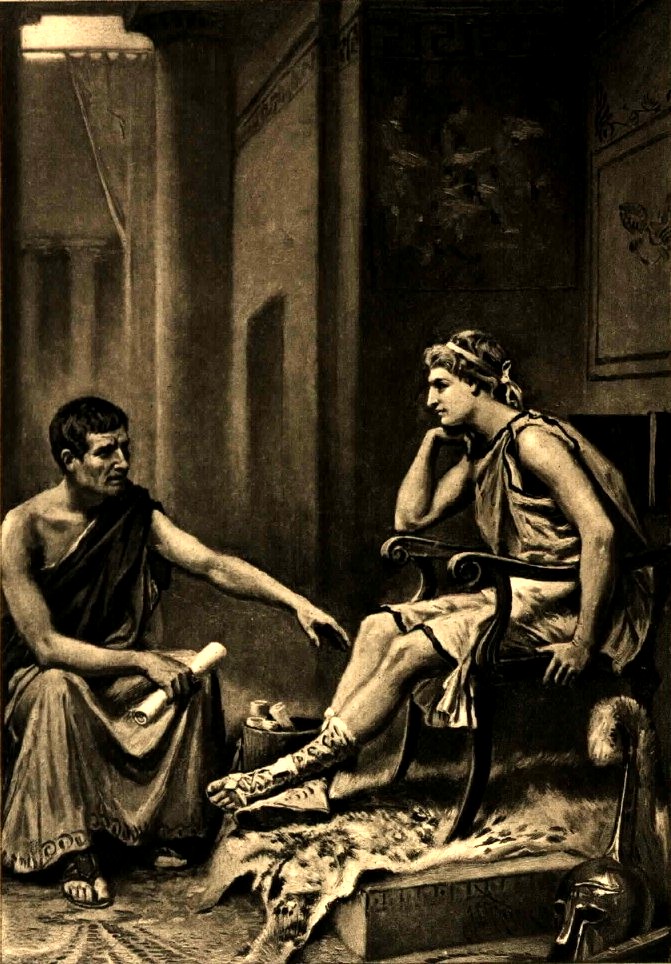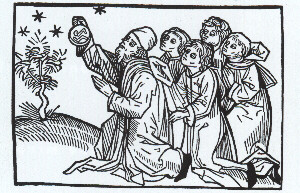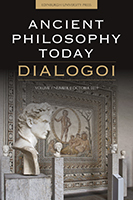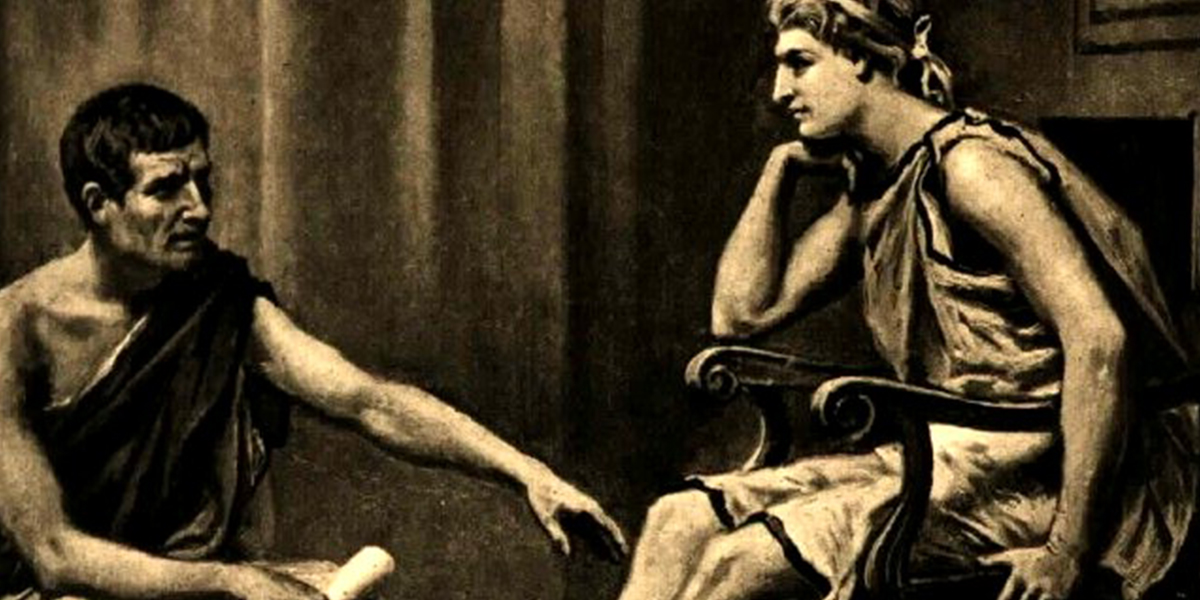
By Tom Angier
Does ethics need religion? Do we need to believe in God to be good? These are standard questions in moral philosophy. Strangely, however, they are not asked about (arguably) the greatest philosopher in the Western tradition: namely, Aristotle. My article, Two Dogmas of (Modern) Aristotle Scholarship, from Volume 1 Issue 2 of Ancient Philosophy Today, seeks to fill this exegetical and analytical gap.

While most modern philosophers treat Aristotle as a non-theistic thinker, I argue that this is a distortion, not least when it comes to his ethical theory. If we look at the evidence, we find that that theory is neither anthropocentric nor egocentric – as it is standardly presented – but rather theocentric.
In short, when we aim to do the virtuous thing, we are aiming, ultimately, to emulate the divine, and it is this that properly both motivates and justifies our action. This reflects Aristotle’s belief that humans are distinctly sub-optimal parts of the cosmos, and that only God (or the prime mover) enjoys true or genuine happiness.

In order to make this argument, I elaborate Aristotle’s notion of approximative or imitative causation, his concept of the kalon (the noble/fine/beautiful), along with his seminal conception of the divine. With all this in place, we can see Aristotle’s ethics as far closer to the medieval interpretative consensus than modern philosophers have allowed.

Tom Angier is Senior Lecturer in Philosophy at the University of Cape Town. His research interests lie principally in Aristotelian and Neo-Aristotelian ethical and political theory. He has recently written a brief introduction to natural law theory for the Cambridge Elements Series, and is planning a substantial monograph on the same topic.

Ancient Philosophy Today is a new journal published by Edinburgh University Press and edited by Anna Marmodoro and Erasmus Mayr. The journal provides a forum for the mutual engagement between ancient and contemporary philosophy, connecting interpretative work in ancient philosophy to current discussions in metaphysics. Are you a researcher in the field? Find out how to submit to the journal.






Thank you for sharing your perspective on Aristotle’s ethical theory. It is interesting to consider the theocentric nature of his ideas, as it sheds new light on how we might understand his approach to morality.
It is true that Aristotle saw humans as imperfect beings and that our aim should be to emulate the divine in order to achieve true happiness. The idea of approximative or imitative causation also highlights the importance of striving towards a higher standard rather than settling for mediocrity.
Your mention of the kalon as the noble, fine, or beautiful also speaks to Aristotle’s emphasis on aesthetics in ethics. The pursuit of what is aesthetically pleasing is often seen as a reflection of the divine and can be a motivating factor for virtuous action.
Overall, your argument challenges the conventional interpretation of Aristotle’s ethics as purely human-centered and encourages a deeper exploration of the role of the divine in moral philosophy. Thank you for sharing your insights.